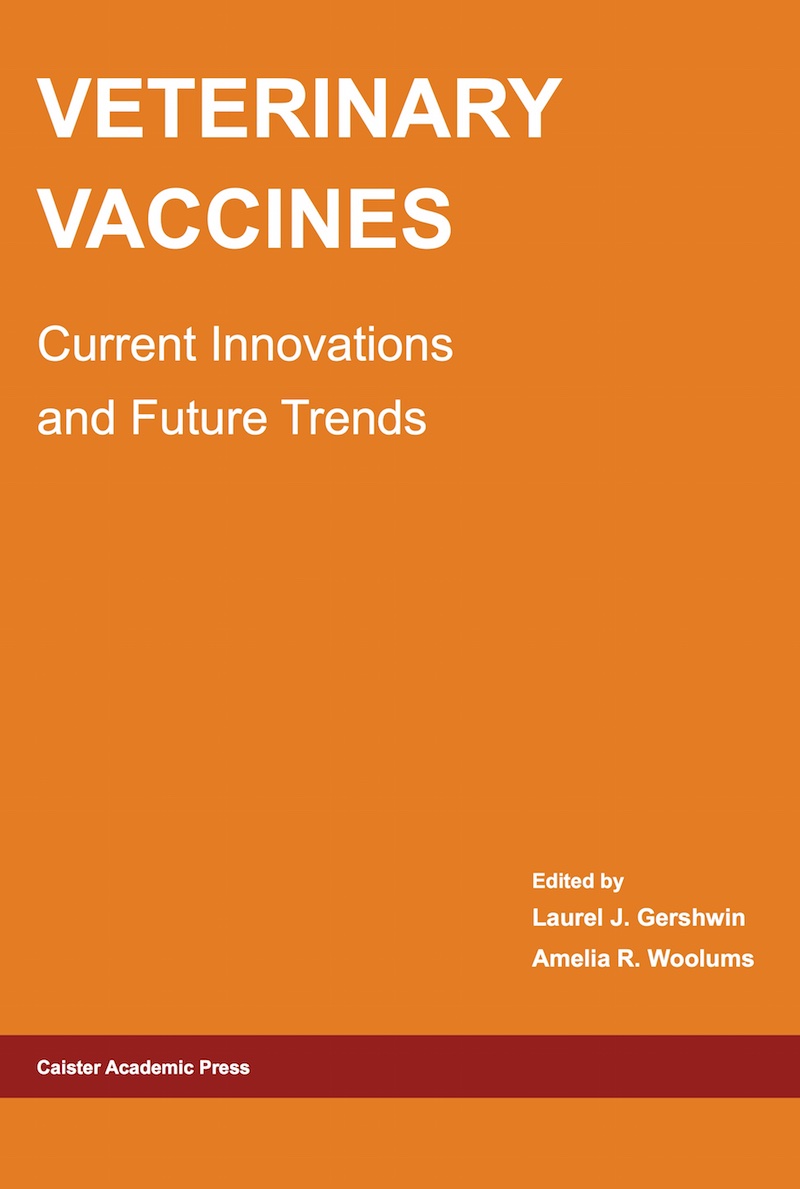Immunity and Immune Evasion Strategies Induced by Varicella Zoster Virus
Paul R. Kinchington and Allison Abendroth
from: Alphaherpesviruses: Molecular Virology (Edited by: Sandra K. Weller). Caister Academic Press, U.K. (2011)
Abstract
Of three human alphaherpesviruses, only Varicella Zoster Virus (VZV) induces a lifelong immunity that protects against clinical signs of exogenous re-infection and, for most of the population, from any sign of reactivation from the latent state. The importance of VZV specific immunity is exemplified by its absence: severity and morbidity of the primary infection (varicella) and incidence of reactivated disease (zoster) are greatly increased in those with immune compromise, particularly those impaired in the cell mediated immune responses. The protection afforded by VZV specific immunity underlies successful live attenuated vaccines that have greatly impacted the incidence of varicella, and reduce the incidence, severity and complications of zoster. Consequently, the important components of VZV induced immunity and their contribution to the protective state has been well studied and is outlined in this chapter. Less is known of the strategies exploited by VZV to evade the innate and adaptive arms, but their activities are presumed to be critical to extend the life of the infected cell and to enhance viral production and dissemination. Evasion appears to include distinct strategies from those used by Herpes simplex viruses and includes expression of novel immune evasion proteins. Our current understanding of these strategies and the underlying mechanisms is outlined, along with areas in which there is need for further study read more ...



